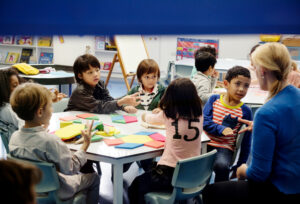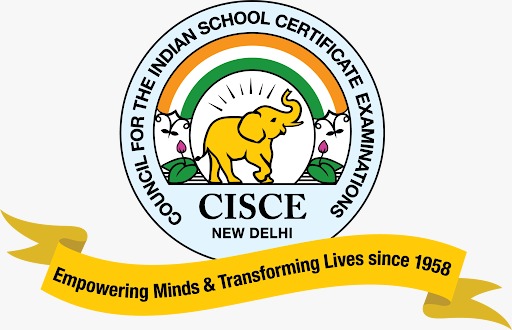Time management is the process of organizing and planning how to divide your time between specific activities. Good time management enables you to work smarter—not harder—so you get more done in less time, even when time is tight and pressures are high. Mastering the art of time management increases efficiency, enhances productivity, and lowers stress, allowing you to focus on what truly matters in life.
What are the benefits of managing time?
- Less Stress: Properly managing time can significantly reduce stress as you gain control over your tasks and deadlines.
- More Time Freedom: Efficient time management frees up periods of time you can use for more personal activities.
- Greater Focus: With clear priorities and less clutter in your schedule, your focus sharpens, allowing you to concentrate more intensely on the task at hand.
- Higher Levels of Productivity: Organizing your time leads to smoother workflows and more achievements throughout the day.
- Less Procrastination: When you understand your schedule and have a plan, you’re less likely to put off tasks.
- Less Distraction: A structured approach to your day reduces the chances of getting sidetracked by distractions.
- Increased Energy: Managing time effectively helps prevent burnout, keeping your energy levels steady.
- Time to Think: Scheduled downtime gives you the opportunity to reflect, plan, and innovate.
Steps to Improve Time Management Skills for Kids
Teaching kids to manage time from a young age can set them up for a lifetime of effective living. Here’s how:
- Create a Routine: Establish a daily schedule that includes time for homework, activities, and relaxation.
- Set Priorities: Help them learn to tackle important tasks first.
- Use Timers: Encourage them to use timers for homework or chores to instill a sense of urgency and help them understand how long tasks should take.
- Break Tasks into Smaller Steps: Show them how to break down large assignments into manageable parts.
- Establish Rewards: Offer incentives for completing tasks within designated times to motivate them.
- Teach the Use of Planners: Introduce them to planners or digital apps where they can track their activities and responsibilities.
- Practice What You Preach: Demonstrate good time management in your own life as a role model.
Conclusion:
Effective time management is essential not only for achieving professional success but also for maintaining personal wellness and satisfaction. By mastering this skill, individuals can experience reduced stress, increased productivity, and more personal time. Starting time management practices early in childhood sets the foundation for good habits that will benefit all areas of life.
Thank you for reading our blog! We hope you found the information helpful and engaging. Don’t forget to explore our latest blog “Who invented homework” for more insights. As one of the “Best ICSE schools in kadugodi”, we offer a variety of programs designed to enrich your child’s learning experience. You can explore our website to find all the details about our school and the various programs we offer. Happy reading!
FAQs
It’s beneficial to start as early as possible, even at the preschool age, by introducing simple concepts like morning routines and waiting turns.
Absolutely. Time management skills can help students manage their study time, handle homework efficiently, and prepare for exams without last-minute stress.
Yes, from traditional planners and lists to digital apps like Google Calendar and time tracking tools, there are many resources available to help manage time effectively.







